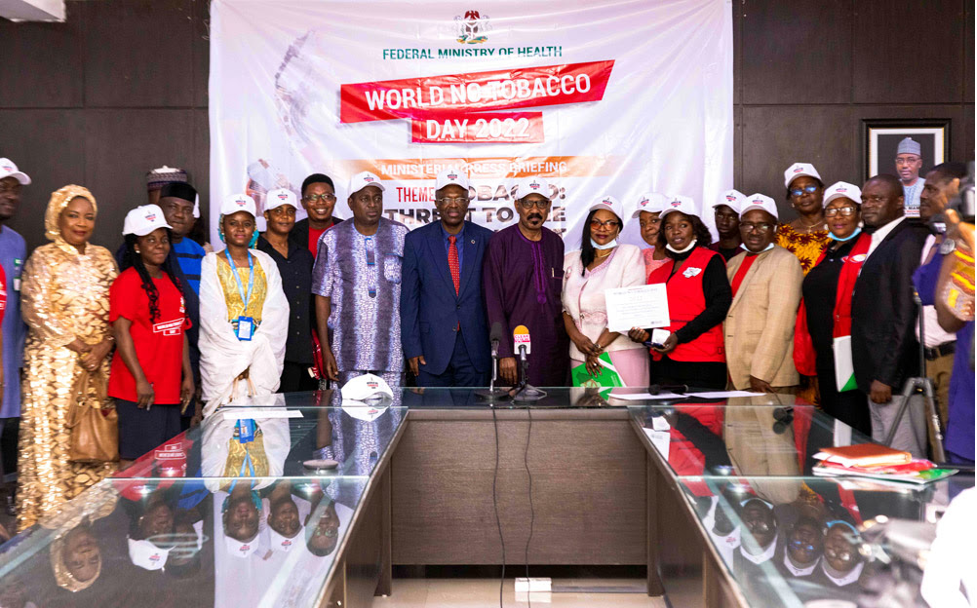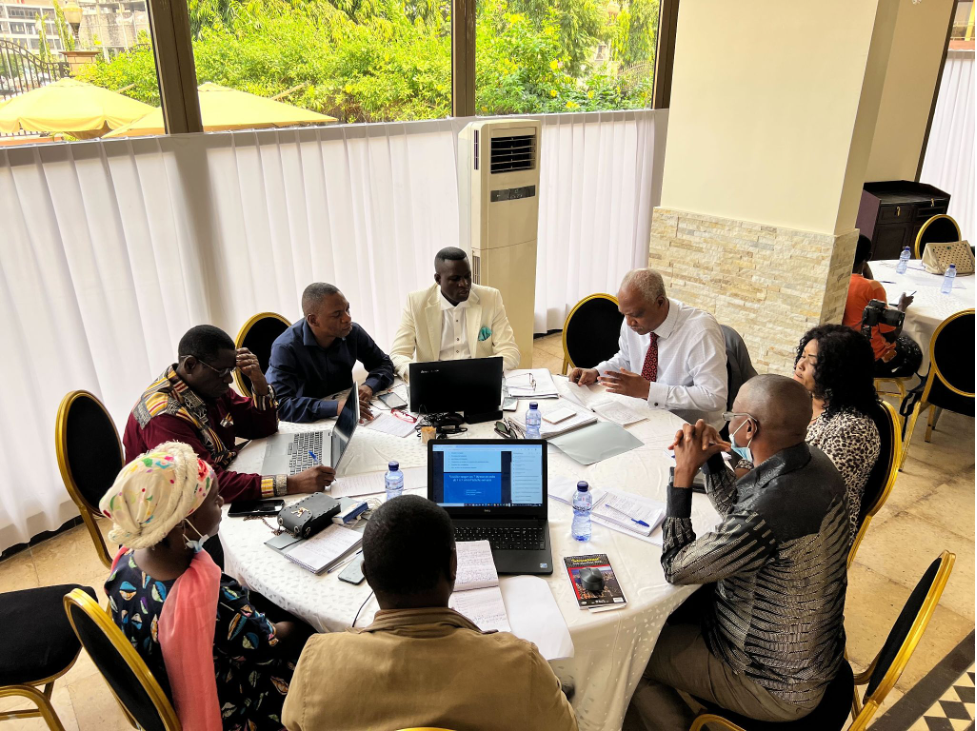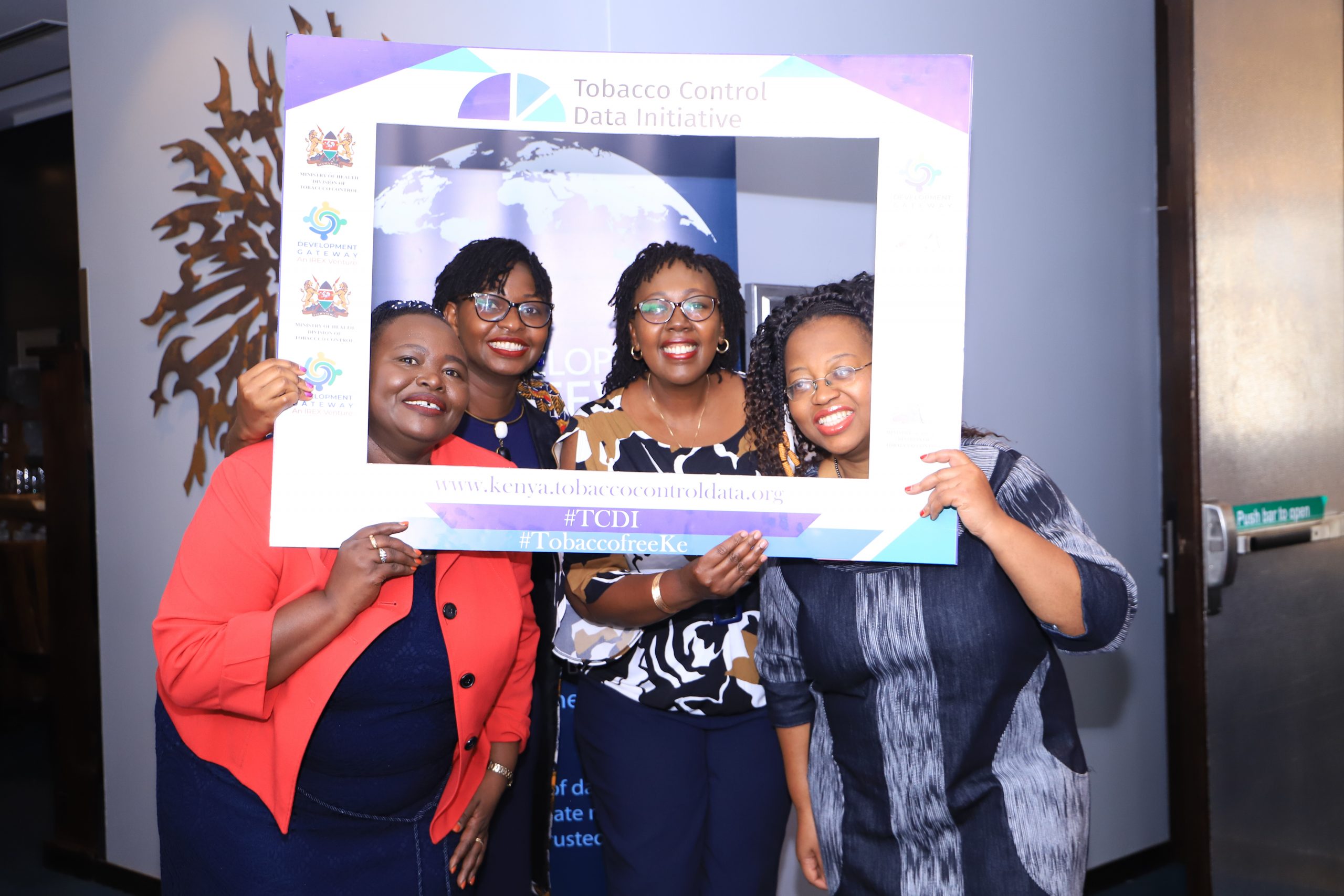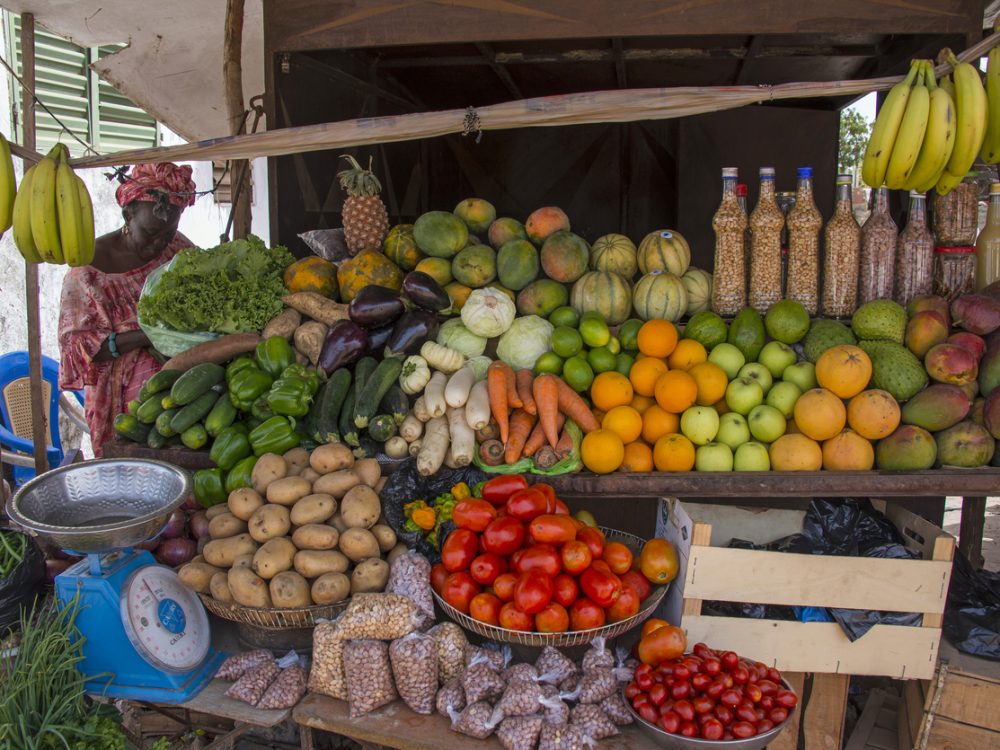
DG’s Tobacco Control Data Initiative: Reflecting on the First Four Years (Part 1)
In 2019, Development Gateway: An IREX Venture (DG) began the Tobacco Control Data Initiative (TCDI). This four-year program—our first in the tobacco control sector—was funded by The Bill & Melinda Gates Foundation and implemented by DG in partnership with the University of Cape Town’s Research Unit on the Economics of Excisable Products.
The aim of this first phase of TCDI was to supply governments, civil society, and academia with improved access to country-specific tobacco control data in order to support better tobacco control policy design and implementation. As we reach the end of the first four years of TCDI, we reflect not only on what we accomplished throughout the first phase of the program but the lessons we learned along the way. We share five key lessons below on how to organize and deliver work as effectively as possible.
Expanding into Tobacco Control: What We Did in TCDI 1.0
Throughout the past four years, some of our key accomplishments in TCDI have included:
- Interviewing more than 120 individuals in order to assess the factors incentivizing data use, identify trustworthy data sources, and discover the biggest data gaps in the tobacco control data landscape;
- Holding eight validation workshops through which we confirmed the stakeholders’ priorities on tobacco control data and confirmed which data gap(s) we would address through primary data collection; and
- Hosting 18 co-design sessions in which we’ve worked with partners to integrate their suggestions into our data visualizations and content.

DRC Co-Design Workshop in July 2022.
All of this work culminated in DG creating and launching six country-specific TCDI websites between June 2020 and November 2023. Each website provides information specific to one of the six TCDI countries: the Democratic Republic of the Congo, Ethiopia, Kenya, Nigeria, South Africa, and Zambia.
The information on the websites—which includes data on tobacco use, tobacco control legislation, tobacco trade, etc.—was tailored to meet the specific country’s needs. By providing context-specific data, each website allows those working in the tobacco control sector to make data-driven decisions which, in turn, will allow for more effective tobacco control policies and actions.

From left to right: Dorcas Kiptui (Kenya – Ministry of Health), Winnie Awuor (DG), Anne Kendagor (Kenya – Ministry of Health) and Rachel Kitonyo-Devotsu (DG) at the Kenya TCDI website launch in April 2023.
In creating and gathering data for these websites, we were able to identify several gaps in tobacco control data. This revelation led us to conduct primary research in multiple countries simultaneously—a first for DG—which is being integrated into the TCDI websites.
Reflecting on TCDI 1.0: Lessons Learned
Throughout our implementation of TCDI, we relied on several of the co-design approaches that DG has implemented throughout our history, including frequent interviews with stakeholders, co-design workshops, and understanding stakeholder insights in order to more effectively use data to inform policy and advocacy. By employing these strengths in the tobacco control sector, we learned five lessons that can be applied across sectors.
-
- Challenge your assumptions: When we began working in tobacco control, our first assumption was that most data we collect or that would be needed by our stakeholders would relate to passing new tobacco control legislation. However, what we found—particularly in the case of Ethiopia—was that data on enforcement of existing laws was much more valuable than passing new legislation, since the most significant gains can be achieved through strengthened policy implementation.
- Put as much thought into governance structures as you do into technical design – Through TCDI we also learned the importance of building clear governance structures alongside technical activities like data collection. For example, in Zambia, we created a steering committee so that key government stakeholders would be kept informed on primary research activities and could approve the research protocol at key stages. However, we did not apply that strategy across all TCDI focus countries, and instead updated our government counterparts on an ad hoc basis. In certain cases, we received feedback that our focal points in the Ministry of Health felt that they weren’t involved enough in the process—which required our team to reach out to them and restructure our communications. In the future, such challenges can be avoided through a clear governing structure such as a steering committee in each country.
- Building trust in data is critical: In creating trusted websites with key data, we found we couldn’t just focus on the data: we also had to focus on building relationships. As we discussed in this blog, when we started TCDI, DG was unknown in the tobacco control sector. By having partners, like Campaign for Tobacco-Free Kids and others in the tobacco control community, introduce us to Ministry of Health counterparts and longstanding tobacco control advocates, we became known and trusted. Through these efforts and with strong official support from the Ministries of Health in each TCDI country, we’ve released each TCDI country website with strong public and official support.
- Federation leads to efficiency and stakeholder responsiveness—as long as you’re communicating with each other: The overall strength of the TCDI program largely came from the strength of each individual “sub” team. The TCDI team includes six country teams (one for each TCDI country), a tech team, and a research team. Through this “federation,” teams were able to independently manage everything from website development to research collection. To facilitate easy handoffs between “sub” teams, we relied on tried and true practices in agile project management, including thrice-weekly scrums, weekly sub-team meetings, and virtual coworking sessions. Through these formats, the teams communicated frequently and shared lessons learned between parallel team members.
- Sustainability isn’t built in a day: When we initially created our sustainability approach, we anticipated a number of challenges inherent in finding long-term success. Finding an organization that had a presence in the key TCDI countries, operated well remotely, boasted a strong research portfolio in tobacco control, and had a strong software development team was like finding a needle in the haystack. After difficulty in finding an organization with a similar profile to DG, we changed our approach to sustainability. We redefined roles and responsibilities and asked for advice from other organizations that had successfully transferred long-term ownership of programs to other organizations. As a result of this effort, we’re pleased to announce that DG will be working with The Centre for the Study of the Economies of Africa during the second phase of the program: TCDI 2.0, which is being funded by an additional four-year grant from The Bill and Melinda Gates Foundation. We explore what this phase of the program will look like in the second part of this blog.
Share
Recent Posts

Development Gateway Collaborates with 50×2030 Initiative on Data Use in Agriculture
Development Gateway announces the launch of the Data Interoperability and Governance program to collaborate with the 50x2030 initiative on data use in agriculture in Senegal for evidence-based policymaking.

Strengthening Online Safety Through Prevention in the Philippines
Tech-Facilitated Gender-Based Violence continues to evolve alongside emerging technologies. This blog explores how preventative measures, such as the Safety By Design approach, can be used to create a safer internet.

Preparing Jordan’s Education System for the AI Age
This blog introduces Asas, an early grade education program led by IREX and DG in partnership with Jordan’s Ministry of Education, and explores what AI readiness looks like in early grades and how AI can be integrated safely and sustainably into education systems.